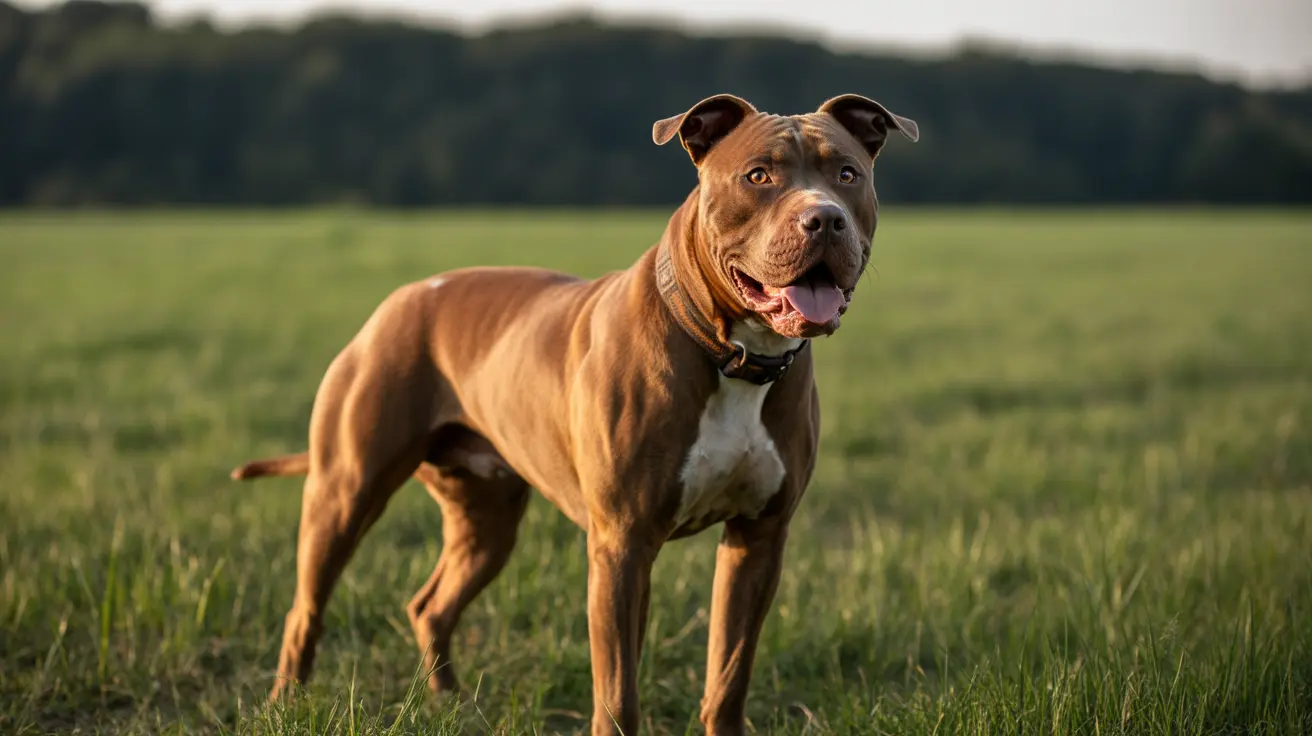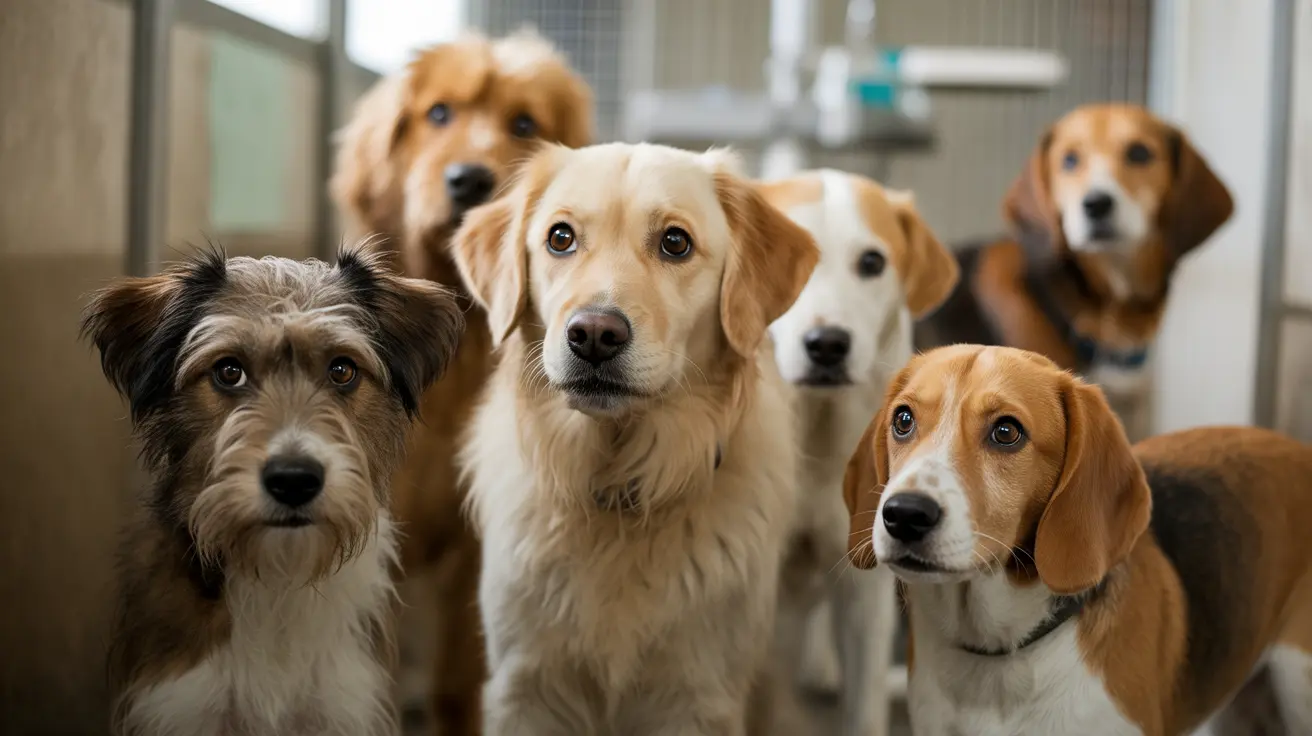Understanding the Risks of Onion Ingestion in Dogs
Even though onions are a common ingredient in many kitchens, they pose a serious threat to canine health. This article explores what happens when a dog eats even a small amount of onion, the symptoms of toxicity, the dangers involved, and what steps you should take if you suspect your dog has ingested onions.
Why Are Onions Dangerous for Dogs?
All parts of the onion plant—including the bulb, leaves, juice, and powdered forms—contain a compound called N-propyl disulfide. This toxin binds to oxygen molecules in the red blood cells, causing oxidative damage that leads to hemolytic anemia. The dog’s immune system destroys the damaged red blood cells, impairing oxygen delivery throughout the body and potentially leading to organ damage.
Other Toxic Allium Vegetables
- Garlic
- Leeks
- Shallots
- Chives
- Scallions
All these vegetables belong to the Allium genus and carry similar toxic properties to onions.
How Much Onion Is Toxic?
The general toxic dose is around 0.5% of the dog’s body weight. For example, a 45-pound dog can develop toxicity by consuming just one medium to large onion (approximately 100 grams). However, smaller amounts consumed over time can also have cumulative effects.
Signs and Symptoms of Onion Toxicity
- Vomiting or diarrhea
- Drooling
- Abdominal discomfort
- Lethargy and weakness
- Elevated heart or respiratory rate
- Red or brown urine
- Pale or yellowish gums
- Fainting or collapse
Symptoms usually appear within 24–72 hours but can also take several days depending on the amount and frequency of exposure.
Dogs at Higher Risk
- Breeds like Akitas and Shiba Inus
- Dogs with pre-existing anemia, liver disease, or diabetes
- Dogs on specific medications
These dogs may experience more severe reactions even with smaller amounts of onion ingestion.
What to Do If Your Dog Eats Onion
If you suspect onion ingestion, contact your veterinarian immediately. Do not induce vomiting unless advised. Treatment options may include:
- Induced vomiting (if ingestion was recent)
- Activated charcoal to limit toxin absorption
- IV fluids for hydration
- Oxygen support
- Blood transfusions in severe anemia cases
Hospitalization may be required if the anemia is critical or symptoms are advanced.
Diagnosis and Prognosis
Your vet may perform blood tests and look for Heinz bodies, which indicate oxidative damage to red blood cells. Early treatment significantly improves recovery chances. If untreated, onion toxicity can lead to organ failure and death.
Preventing Onion Toxicity
Avoid feeding your dog human food that may contain onions or onion powder. To be safe, follow these steps:
- Keep onions and garlic out of reach
- Secure trash bins
- Educate guests and family members
- Avoid feeding leftovers or table scraps
Safe Alternatives to Onions
Instead of onions, you can offer your dog safe vegetables and fruits such as:
- Carrots
- Green beans
- Pumpkin
- Cucumbers
- Apples (seedless)
- Blueberries
Final Thoughts
Onion ingestion is a serious matter when it comes to canine health. Even small amounts can be dangerous. Staying vigilant and acting promptly can save your pet from enduring pain or life-threatening conditions. Prevention remains the best course of action, so always check ingredient labels and store toxic items safely away from curious pets.





